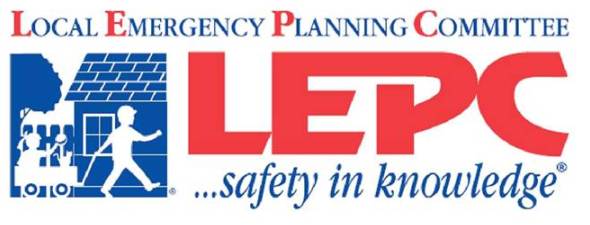
Prevention
Prevention and Education

Disaster and Emergency Preparedness
Since uniformed emergency responders constitute less than one percent of the total U.S. population, it is clear that citizens must be better prepared, trained, and practiced on how best to take care of themselves and assist others in those first, crucial hours during and after a catastrophic incident.
Citizens can reduce the demand for emergency assistance during catastrophic incidents through preparedness measures and actively contribute to the Nation’s response capability by participating in response and recovery activities. A trained and involved public will provide the Nation with a critical surge capacity to augment government efforts in a catastrophic incident. During Hurricane Katrina, many citizens exercised appropriate precautionary and response actions and many citizens volunteered to support the response and recovery efforts.
In February 2006, the White House released “The Federal Response to Hurricane Katrina: Lessons Learned,” which emphasizes that “citizen and community preparedness are among the most effective means of preventing terrorist attacks, as well as protecting against, mitigating, responding to, and recovering from all hazards if every family developed their own emergency preparedness plan, they almost certainly would reduce the demand for outside emergency resources.”
Through the Ready Campaign and the nationwide network of State and local Citizen Corps Councils, DHS will focus on strengthening citizen preparedness capabilities, particularly for special needs and socially vulnerable populations.
Emergency Preparedness Training
We all need to be prepared, as individuals and as a community, for whatever emergencies may occur. Experience has shown that after a major disaster, requests for fire, police, medical, and other public services begin to mount. At some point, the increased demand for services could result in delayed response times.
For this reason, neighborhoods should learn to be self-reliant in an emergency. Individuals and organizations should be prepared to be without assistance for 72 hours or longer. A neighborhood that has organized prior to a disaster will know what to do when the disaster occurs and not waste precious time figuring out who can do what. Individuals and neighborhoods that are prepared will know what to expect during times of disaster, what to do, and how to come together in an organized, timely response.
Online Resources
- Be Ready Campaign
- Agency for Toxic Substances and Disease Registry
- Centers for Disease Control and Prevention
- Department of Energy
- Department of Health and Human Services
- Department of Homeland Security
- Environmental Protection Agency
- Federal Emergency Management Agency
- Food and Drug Administration
- National Oceanic and Atmospheric Administration
- Nuclear Regulatory Commission
- Preparingnewmexico
- Ready.gov
- Redcross.org
- U.S. Department of Agriculture
- U.S. Fire Administration
- U.S. Geological Survey
